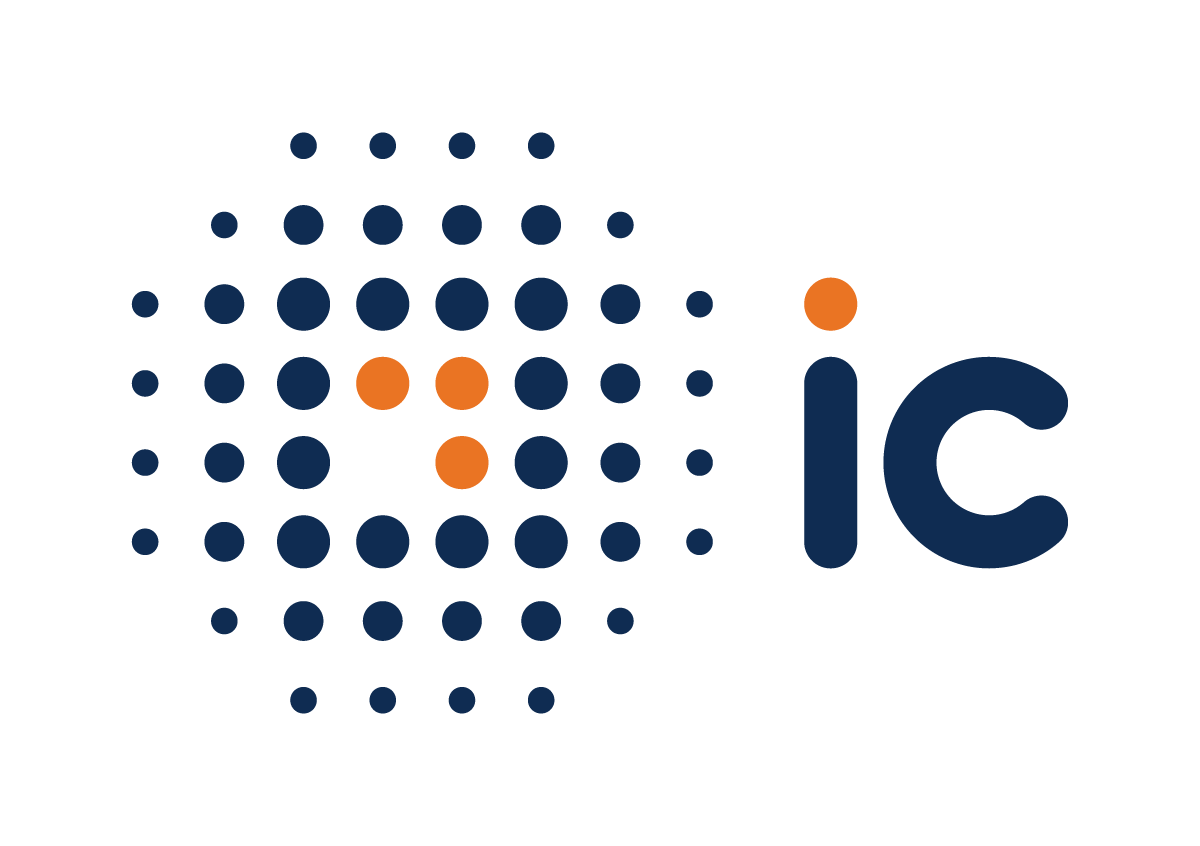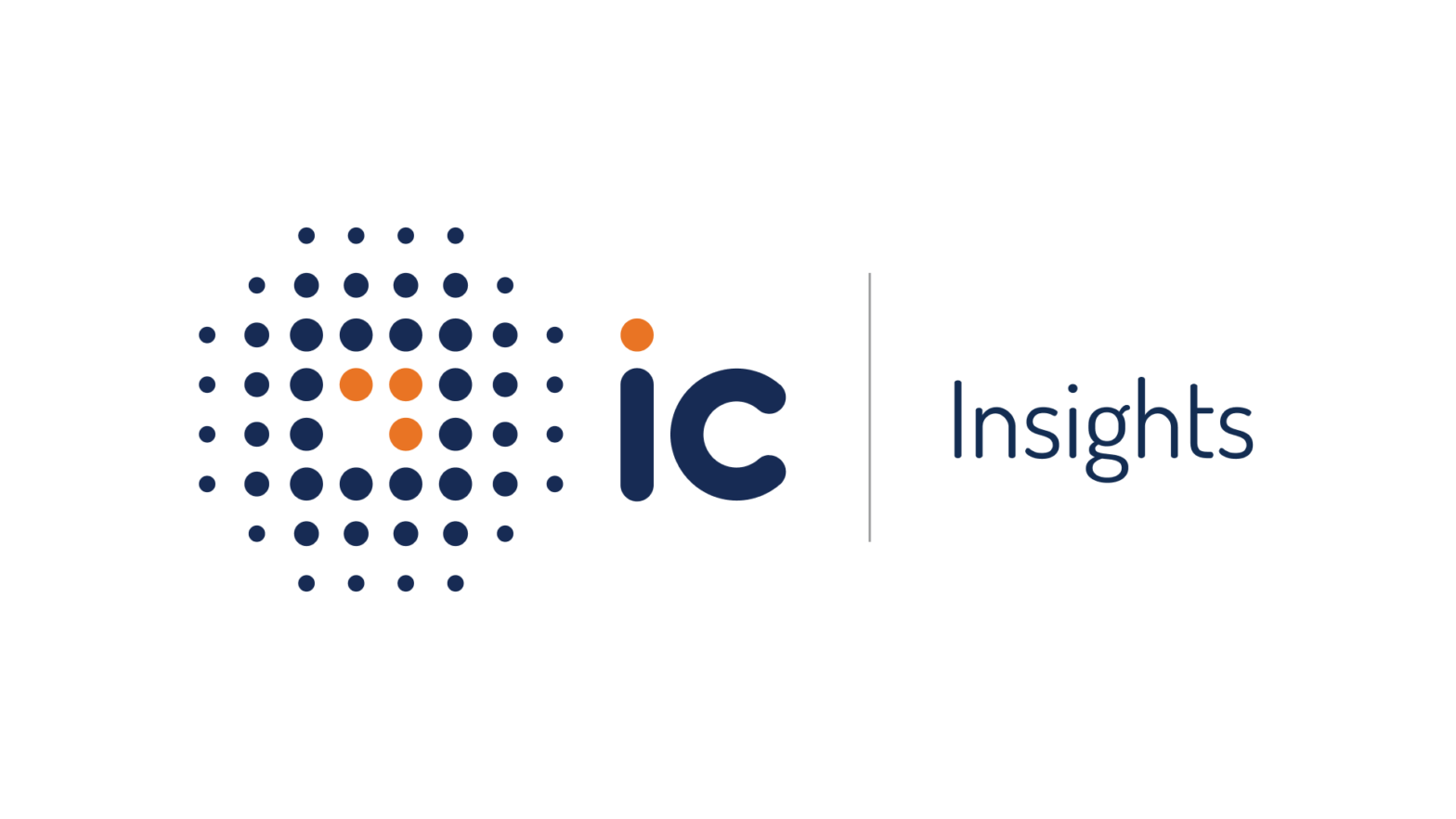Highlights of the statement by the IMF with our views
- The fiscal adjustment is on track with some better-than-expected outcomes: In the FY2023 budget, the authorities signaled a planned fiscal adjustment equivalent to 3.8% of GDP with the target primary deficit (on commitment basis) at 0.5% of GDP. However, the FY2023 fiscal performance revealed a stronger-than-programmed outcome with the primary balance posting a surplus of 0.4% against the 0.5% target deficit. In our estimation, this translates into a strong fiscal adjustment equivalent to 4.7% of GDP in 2023 and puts the authorities ahead of the programme objective given that the 3-year programme anticipated a cumulative adjustment of 5.1%.
The IMF statement confirmed that the primary fiscal balance (on commitment basis) improved by over 4.0pp of GDP in 2023 and is on track to record a primary surplus of 0.5% in 2024. In our view, this outcome will achieve the cumulative adjustment of 5.1% by end-2024 with one full year of the programme remaining to run. Subject to election-related shocks, this better-than-expected outcome leaves room for the authorities to widen the primary surplus in the final year of the programme, and firmly place the public debt ratios on a downward path in the medium-term.
- Formalizing the MoU with bilateral creditors is a key condition for Board approval: Notwithstanding the strong performance on fiscal adjustment, the IMF emphasized the need for the Ghanaian authorities to formalize the Memorandum of Understanding (MoU) reached with bilateral creditors to enable approval of the SLA by the Fund’s Executive Board. In January 2024, Ghana reached an agreement-in-principle with the bilateral creditor committee on the broad parameters of debt restructuring consistent with the IMF’s debt sustainability analysis (DSA). While the MoU was sufficient to trigger the second disbursement of USD 600mn in January 2024, the Fund expects a formalization of this MoU with each bilateral creditor to trigger the USD 360mn third disbursement in June 2024. Encouragingly, the IMF team expressed confidence that this would be achieved in a “timely manner”. The Fund also reiterated that an agreement with commercial creditors and Eurobond holders is not a necessity for the Board approval, although continued “good faith” effort to reach agreement in line with programme parameters is crucial.
Although the Ghanaian authorities were unable to disclose the details of ongoing negotiations with Eurobond holders due to non-disclosure agreements, they indicated that discussions have accelerated in recent weeks with hopes of a timely deal with bondholders. In our opinion, we are inclined to belief reports of investors’ demand for Value Recovery Instrument (VRI) as the stronger-than-expected outcomes on growth and fiscal adjustment could create opportunities for upsides compared to the IMF’s DSA assumptions. We think this could delay the time to secure a favourable deal with Eurobond holders consistent with the IMF’s DSA parameters.
- Authorities are confident of closing the revenue gap arising from the suspension of the planned VAT on electricity: For the 2024 and medium-term revenue outlook, the authorities had penciled-in the enforcement of a 15.0% VAT on electricity consumption by residential users. However, implementation challenges and public uproar led to suspension of the planned action with the resultant revenue gap estimated at GHS 1.8bn, which threatens the programme targets such as reduction in the debt service-to-revenue ratio. To close the revenue gap, the Ghana Revenue Authority (GRA) has commenced compliance measures on foreign incomes of resident Ghanaians with the support of the Organisation for Economic Cooperation and Development (OECD). The support from the OECD will ensure credibility of the measures and sustainability beyond 2024 to strengthen the medium-term revenue outlook. Reassuringly, the GRA emphasized that it is more confident than hopeful on the potency of this measure to close the GHS 1.8bn gap.
- The authorities sounded unambiguous in their resolve to sustain reforms in the energy and cocoa sectors: In addition to measures to close the revenue gap, our second major takeaway from the press briefing was the clearly communicated intention to continue reforms in the energy and cocoa sectors. In our view, the authorities were quite clear in their resolve to sustain the energy sector reforms, outlining measures such as (1) reviewing the tariff-setting mechanism used by the Public Utilities Regulatory Commission (PURC) to eliminate discretion in the application of the tariff formula (2) ensuring reduction in energy sector shortfalls, and (3) strengthening implementation of the cash waterfall mechanism (CWM).
Our review of the CWM report for January 2024 indicates significant non-compliance with the formula for revenue allocation and disbursements to power sector players. Specifically, out of the GHS 820.45mn revenue reported by the electricity distributor for January 2024, the CWM stipulates GHS 512.84mn payment to six Independent Power Producers (IPPs) as Level A beneficiaries. The remaining GHS 307.61mn was to be paid to SOEs and other Level B beneficiaries while the Ministry of Finance provides GHS 200.31mn to cover the payment shortfalls for the invoices submitted. However, only four IPPs in the Level A beneficiaries received actual payment with a total of GHS 120.0mn, representing 23.4% of the CWM allocation while the Level B beneficiaries received GHS 162.05mn (52.7% of allocation in the CWM). This non-compliance with the CWM resulted in a shortfall of GHS 392.84mn due Level A beneficiaries and GHS 145.56mn due Level B beneficiaries during the January 2024 payments (for November 2023 invoices). Evidently and as a complement to the quarterly cost-reflective tariff reviews, we believe the authorities would need to strictly enforce compliance with the CWM to avoid build-up of payment shortfalls.

